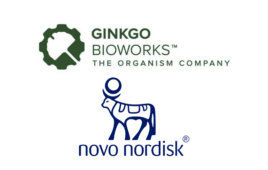
The International Space Station, on which astronauts used Redwire’s lab-in-a-box. [Image courtesy of the ISS National Laboratory]
In November, Redwire Corporation announced that its “lab-in-a-box” was installed in an orbiting laboratory following a launch on SpaceX’s 29th Commercial Resupply Services (CRS) mission. The pharmaceutical in-space laboratory (PIL) biocrystal optimization experiment (BOX) aimed to crystallize small organic molecules in microgravity.
Redwire believes its lab-in-a-box can enable the growth of small-batch crystals for protein-based pharmaceuticals. These include aspirin and antihistamines. PIL-BOX can support 10 experiments at a time, and the company plans to cycle through different conditions and different samples to see if they can grow crystals in the bags.
During the space expedition, the astronauts supported the in-space laboratory by performing multiple protein crystal growth experiments. In the absence of gravity, it’s been observed that crystals can grow larger and more uniformly. This, in turn, could lead to improved therapeutics for patients. Once fully operational, the facility can become available for future investigations within the life science community.
“So, having the ability to produce uniform crystals in space in very beneficial not only to the pharmaceutical industry, but to multiple other industries here on Earth,” Redwire Chief Scientist Ken Savin said back in November.





Tell Us What You Think!